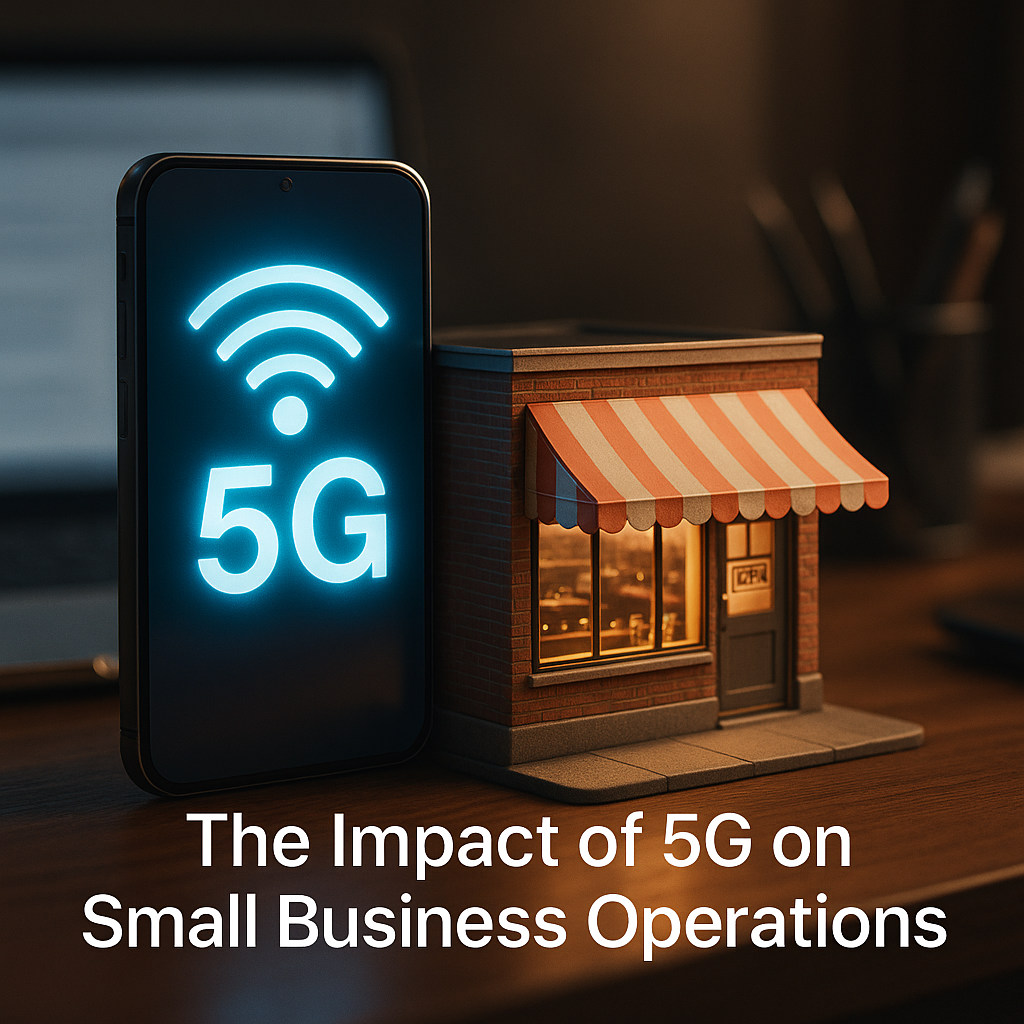Technology is advancing at an extraordinary pace, challenging entrepreneurs and small business owners alike. Staying ahead of emerging technology trends in 2023, anticipating innovative tech industry predictions, and exploring future tech innovations are crucial for businesses aiming to outpace competitors and drive growth. Keeping current with the fast-evolving tech landscape not only provides a competitive advantage but also unlocks opportunities for creative problem-solving and enhanced business efficiency.
Adapting to Emerging Technology Trends in 2023
The digital revolution is reshaping industries, making it essential for business owners to understand emerging technology trends in 2023. This year, the emphasis is on harnessing data, artificial intelligence, and Internet of Things (IoT) devices to build smarter, more interconnected business solutions. For example, companies are now leveraging AI to predict consumer behavior, streamline operations, and optimize customer engagement. Entrepreneurs who adopt these technologies can transform challenges into opportunities and maintain a step ahead in a competitive marketplace.
Small enterprises are increasingly adopting cost-effective AI and machine learning tools, driven by a thriving ecosystem of startups offering specialized tech services. This progress means that even businesses with modest budgets can tap into innovations previously reserved for large corporations. The democratization of technology ensures that every business, regardless of size, can benefit from cutting-edge solutions.
It is critical to distinguish between passing trends and meaningful innovation. Instead of chasing every buzzword, businesses should concentrate on solutions that address their specific needs. By assessing the cost-benefit ratio of each new technology, leaders can implement strategies that deliver measurable results.
Innovative Tech Industry Predictions Shaping Business Strategy
Forward-thinking tech industry predictions indicate that the near future will bring not just incremental improvements, but revolutionary shifts in business operations. The anticipated rise in blockchain applications, augmented reality (AR), and sustainable technology is already influencing strategic planning across various sectors. Entrepreneurs are encouraged to explore how disruptions in one industry can spark innovations in another.
Blockchain technology is transcending its association with cryptocurrencies. Its capacity to revolutionize data security, supply chain management, and verification processes is gaining global recognition. When integrated with AI, blockchain can deliver unparalleled transparency, making transactions both traceable and efficient. For more insights on its business impact, explore blockchain for business.
Augmented reality is another key prediction transforming retail, marketing, and product design by offering consumers engaging, immersive experiences. Brands incorporating AR into their strategies are seeing increased customer engagement and higher sales, proving that adaptability and creativity are crucial for staying ahead.
For environmentally conscious entrepreneurs, technology offers a silver lining through sustainable solutions. As environmental challenges intensify, tech companies are developing green innovations that reduce waste, lower energy consumption, and efficiently monitor resource usage. This blend of technology and sustainability not only meets consumer demand for ethical practices but also paves the way for long-term cost savings and operational improvements.
Embracing Future Tech Innovations for Business Growth
Looking ahead, future tech innovations continue to captivate business leaders worldwide. Trends such as quantum computing, 5G connectivity, and advanced robotics promise to transform industries in unprecedented ways. Each of these advancements has the potential to spawn completely new industries while redefining existing ones.
Quantum computing, for example, holds the promise of solving complex problems that are currently unsolvable with traditional computing methods. Although still in its early stages, quantum computing could transform fields like cryptography, materials science, and drug discovery. Early adopters who invest in understanding this technology can secure a leading position in the innovation landscape.
Meanwhile, the rollout of 5G connectivity is set to dramatically reduce latency, boost data transfer speeds, and support an ever-growing number of connected devices. For small businesses, faster and more reliable connectivity means improved operational efficiency, enhanced customer communication, and better overall service. The integration of 5G offers vast opportunities, from optimizing smart logistics to enabling real-time data analytics.
Robotics and automation are also emerging as powerful tools for redefining operational strategies. Intelligent automation can minimize repetitive tasks, reduce human error, and free up valuable time for creative problem-solving. Industries from manufacturing to healthcare are experimenting with robotics to boost productivity and elevate service quality.
Navigating Disruptive Trends in a Rapidly Changing Landscape
Disruptive trends can be challenging to predict, yet they have the potential to fundamentally reshape the business landscape. A key challenge for entrepreneurs is identifying trends that will have a lasting impact versus fleeting fads.
One significant disruptive trend is the integration of artificial intelligence into daily business operations. AI is increasingly being embedded in everything from customer service chatbots to advanced predictive analytics platforms. Small business owners who incorporate AI into their operations can streamline workflows, cut costs, and develop more personalized marketing strategies. However, successful integration requires a clear strategic vision and a deep understanding of how the technology supports overarching business goals.
Another transformative trend is the rise of decentralized business models. These models leverage blockchain and peer-to-peer networks to remove traditional intermediaries. For example, creative industries and e-commerce businesses are experimenting with blockchain to enable transparent and secure transactions while fostering direct customer relationships. This shift towards decentralization is challenging established practices and prompting a re-evaluation of value delivery.
Global insights from influential publications like Forbes underscore how traditional businesses are adapting to these disruptive trends. Expert analyses provide entrepreneurs with both inspiration and actionable strategies for driving innovation within their own companies.
For those keen to deepen their understanding of how technology can boost business efficiency, exploring expert advice on platforms like business growth and innovation tips is highly beneficial. These resources offer valuable insights, real-world case studies, and practical strategies that highlight the tangible impact of the latest tech developments.
The message for entrepreneurs is clear: in an era of rapid technological change, staying informed and adaptable is not optional—it is essential. Embracing innovative solutions requires thoughtful exploration, strategic planning, and sometimes a leap into the unknown. Businesses that combine forward-thinking with a deep understanding of their unique needs are best positioned to thrive.
In summary, now is the time to harness technological advancements. Whether your goal is to streamline internal processes, enhance customer experiences, or enter new markets, the technologies discussed here offer significant pathways to growth. With future tech innovations and disruptive trends reshaping industries at an unprecedented rate, positioning your business at the cutting edge is key to securing a prosperous future.
- Embrace emerging technology trends in 2023 tailored to your business needs.
- Utilize innovative tech industry predictions to guide strategic investments.
- Invest in future tech innovations like 5G connectivity, AI, and robotics for enduring success.
- Navigate disruptive trends with a blend of flexibility and strategic planning to stay competitive.









